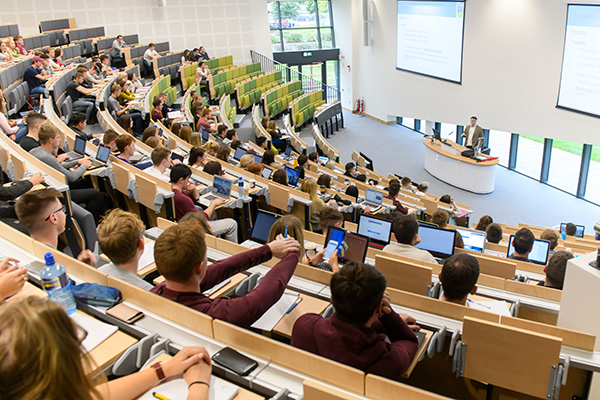Geography is located within the College of Social Sciences and Law, and we are delighted to be able to offer students the opportunity of the new 4-year Geography degree as part of the BSc Social Sciences. Geographers study major societal and natural challenges including: climate change, globalisation, migration; integration; urbanisation; geopolitical struggles; resilience and sustainability. Our unique perspective is that we highlight the interconnectedness of human and natural processes and advocate a holistic approach to addressing major challenges.
There are a number of different pathways in the Social Sciences - Geography degree. These are summarised as:
- Joint Major in Geography with another Social Sciences subject
- Major in Geography with a minor in another Social Sciences subject
- Computational Social Science pathway – a multi-disciplinary programme about leveraging the power of big data, computer simulations and social networks to understand social phenomena and individual behaviour.
Why would I do the four-year degree?
This degree allows you to become more competent in both your academic knowledge and your transferable skills. You will be exposed to significant social science skills training from year 1 as well as having a more focused approach to your core subject areas in years 1 and 2; extended opportunities to study abroad for one or two semesters, possible options of internships, and other non-classroom based learning in stage 3; and the opportunity to develop research interests and skills in year 4.
Further details on Geography as a subject, including indicative course content, can be found here.
Further details on DN700 degree can be found by clicking here.

